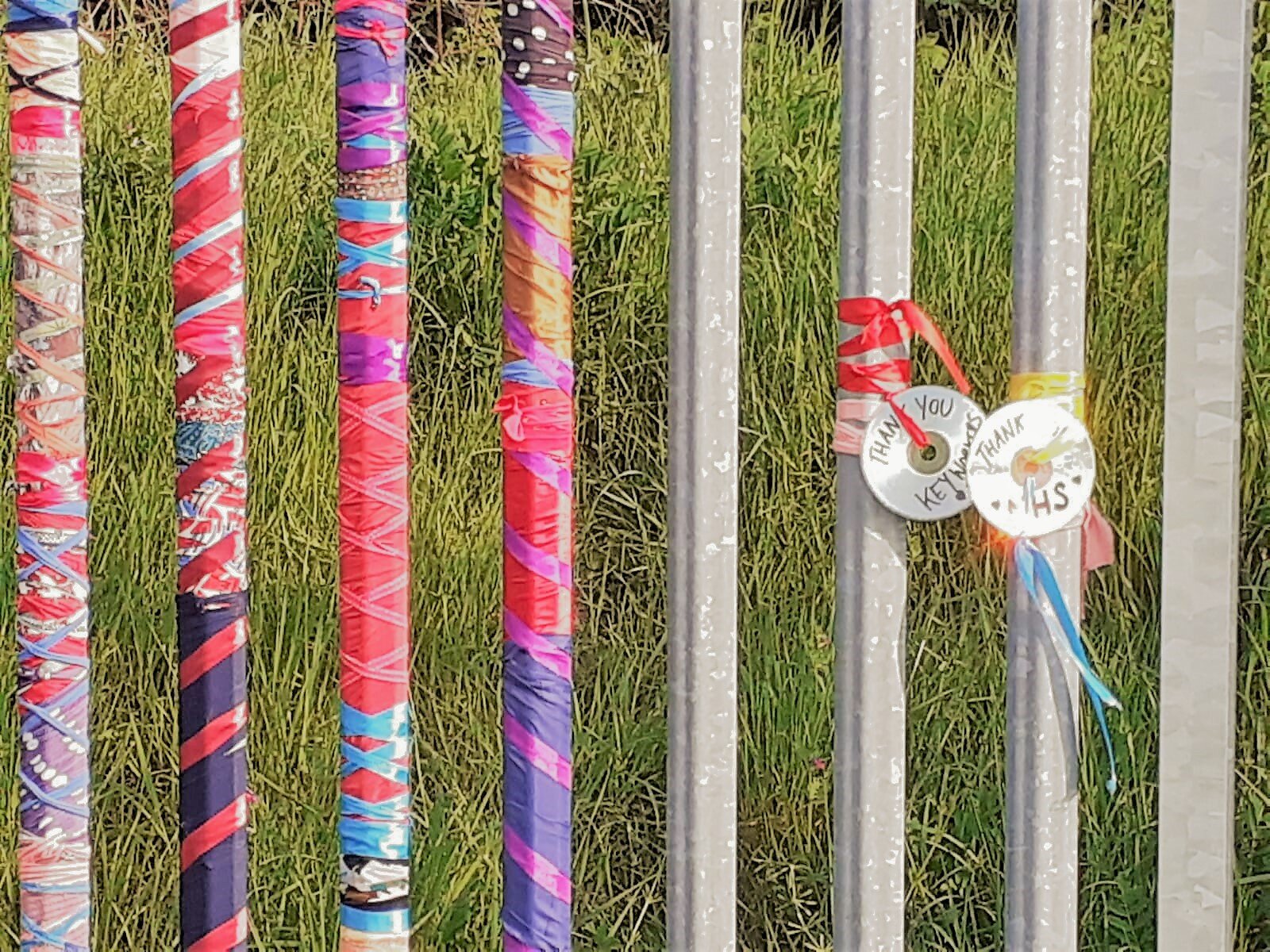The Guilt of Good Things
/
It takes something extraordinary to make a hospital stand still. Usually places of unremitting activity, forget New York, the NHS is the entity that never sleeps nor stops.
Today was the exception.
This morning the UK observed a minute’s silence in remembrance of those NHS workers who have died during the coronavirus pandemic. It was a strange moment for those of us working in the hospital. At 11 a.m. the bell usually used to signify the end of visiting hours, rang out through the wards and everyone who could, stopped. Save for the beeping of electronic monitors or the puff of a ventilator, silence reigned. In a stillness incongruent with the surroundings, patients and staff alike reflected on a tragedy that affects everyone in healthcare at the moment.
More than 100 NHS staff have died from COVID-19, their exposure to the virus undoubtedly higher as a result of their occupation. They form a special group amongst the 21000+ UK corona deaths, each tally actually a person, much loved and much missed. The toll is disastrous and worthy of not just minutes but months of ongoing silence and mourning.
The sixty seconds ran through and then normal service was resumed, that is if anything can be called normal during this pandemic. The fact stays with us, however, fellow workers have died and we must honour them. We remember it as we apply an oxygen mask to a patient’s face or as we open an email from the Chief Executive, notifying us of another colleague bereavement. These are hard times and there is little relief when we look to our leaders or the media.
During such sorrowful periods the feeling of happiness seems insensitive and yet, for many of us, including those in the healthcare service, lighter moments do prevail. What I have been struggling with though is the accompanying sense of guilt.
I cannot recall a more spectacular run of April weather, nor a more beautiful collection of spring foliage than have occurred this year but every venture outside my home has felt wrong, bordering on criminal. Even if I am walking to work or on a health-boosting 20 minute jog around the block, I still feel guilty to be challenging the public health message even if I am technically within the boundaries of its advice.
And then there is the sheer intensity of emotion that comes with life at the moment. Working daily in such extreme circumstances, the simplest of pleasures takes on disproportionate dimensions. A toddler’s clunky descent down the stairs yesterday almost brought me to tears and I relish my morning croissant to a level bordering on obscene. But then just as I savour the enjoyable instant, my rush of dopamine is curbed as I recall the many things there are to be sad about.
Even tucking into the bolstering free meals sent to the hospital from local restaurants and organisations like Fuel Our Frontline is not without its ethical considerations. I, as a healthcare worker with an adequate pay cheque, can well afford to buy my own lunch. Would the free meals not be better sent to those whose income has been threatened by the lockdown? Instead of naan my delicious curry lunch comes with a side serving of guilt.
So what are we to do, us healthcare workers, who have lost colleagues, loved ones and too many patients? Is it right to feel happiness when the circumstances are so sad?
It is imperative.
Much has been made of maintaining mental health during the pandemic and this is especially true of those working in the healthcare service. It is because the circumstances are so sad that we must celebrate happiness, even as we remember those who have died. If healthcare workers are to continue working and not crack with the strain of working during this pandemic then we must bolster our own mental and emotional reserves.
Guilt runs co-existent to work in the NHS. Even before coronavirus dropped the bottom out of the health service, clinicians were frustrated at the expanding waiting lists and the inability to deliver quality care due to the limitations of the system. Now with such a severe illness health workers must face another level of desperation altogether, watching as their patients die before their eyes. There is no sense in compounding grief with guilt.
There will be more moments of remembrance, no doubt, over the coming months. Even as we reflect on our loss, the world edges back in. The bell rings, bringing us back to the present and we are faced with life’s ongoing demands. If we are to meet them then we must have a counter-weight to our sorrow, therefore, we must celebrate joy where we can. That means smiling when there is cause to smile, letting go of the guilt and if possible, carrying on.









